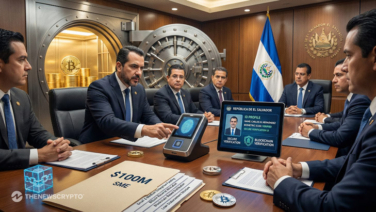- South Dakota rejected the Bitcoin reserve bill, deferring HB 1202.
- Volatility and lack of real-time use for Bitcoin are the major reasons behind the rejection.
Despite being the largest digital currency in the world, Bitcoin faced a rejection from South Dakota lawmakers. The US state followed the lead of Montana which also recently rejected the Bitcoin reserve bill concept. Meanwhile, Bitcoin fell below $90,000 and it is trading above the $85K mark at press time.
Lawmakers of South Dakota disappointed Bitcoin advocates by rejecting the Bitcoin reserve bill. As per the latest update, the House Commerce and Energy Committee saw 9 out of 12 votes favoring deferral of the HB 1202 until the 41st day of the session.
The Bitcoin reserve bill proposal was introduced by the State Representative Logan Manhart in South Dakota. It sought to allocate around 10% of the State public funds for Bitcoin investment. This not only adds to the increasing Bitcoin adoption but also diversifies South Dakota investment portfolio. Instead, the State chose not to move forward with the bill.
Is Bitcoin Worth of an Investment by the US States Yet?
As per the South Dakota Public Broadcasting report, Manhart stated that adding Bitcoin to the State funds is a commonsense way to preserve value. He even emphasized that Bitcoin is useful, especially in inflationary economic environments.
On the other hand, State Investment Officer Matt Clark expressed his view of Bitcoin as a volatile and speculative asset. He even stated that Bitcoin doesn’t generate any income like other assets. Clark might have not looked at the Bitcoin price chart since its inception or he might have decided to be blind to its growth.
Furthermore, Matt Clark highlighted that,
“Bitcoin does not have any underlying physical use though. But it does have the advantage of anonymity for those who need that. It also means, if it’s anonymous, if it’s stolen you will not be able to recover it since it is untraceable.”
It seems like South Dakota lawmakers need to be educated on digital currencies functionality, immutability, and traceability. The underlying technology of blockchain records every detail of a transaction, making it extremely easier to trace back. On another note, Montana rejected a Bitcoin reserve bill stating its investment is way too risky.
Highlighted Crypto News Today:
Ethereum’s Pectra Upgrade Fails to Finalize on Holesky Testnet








